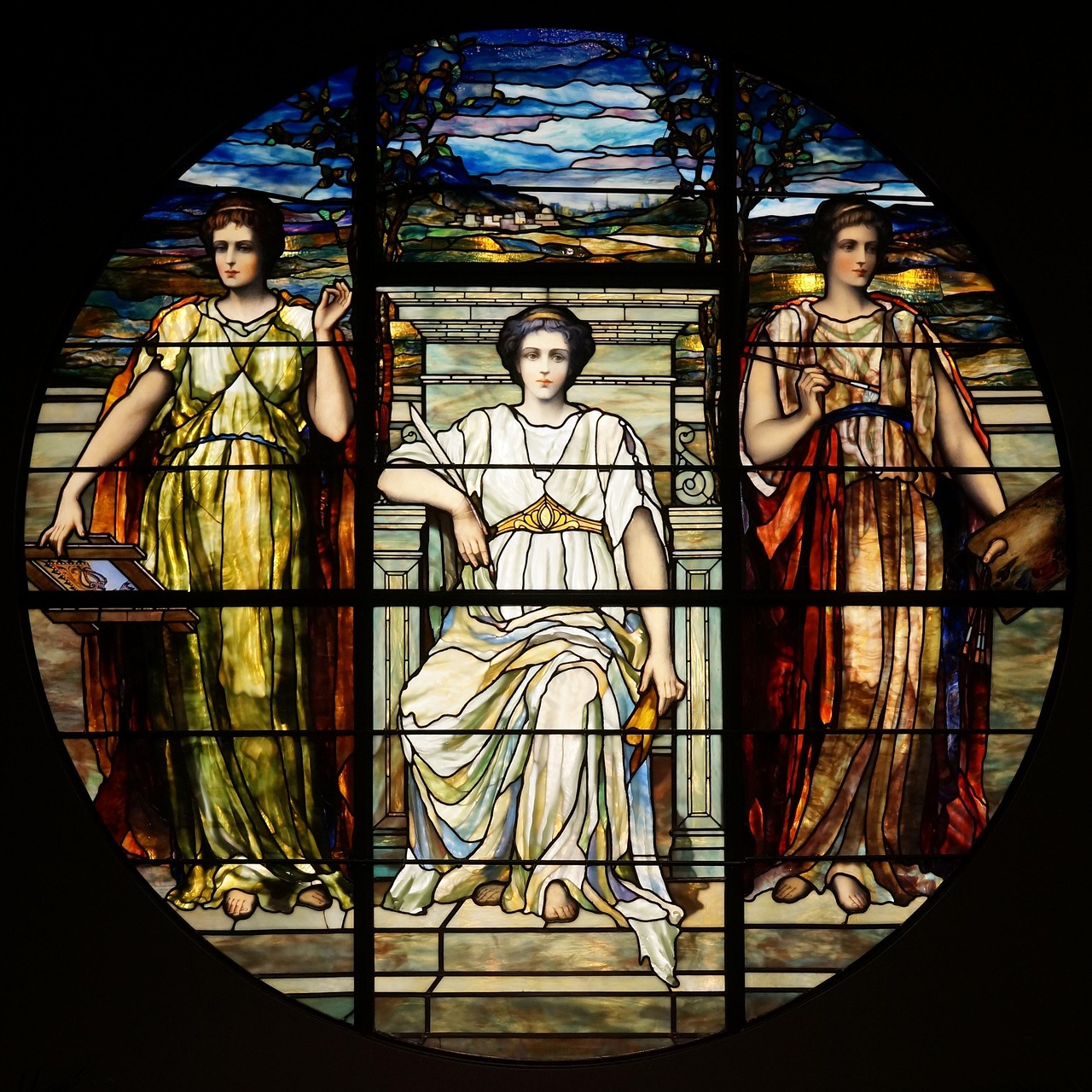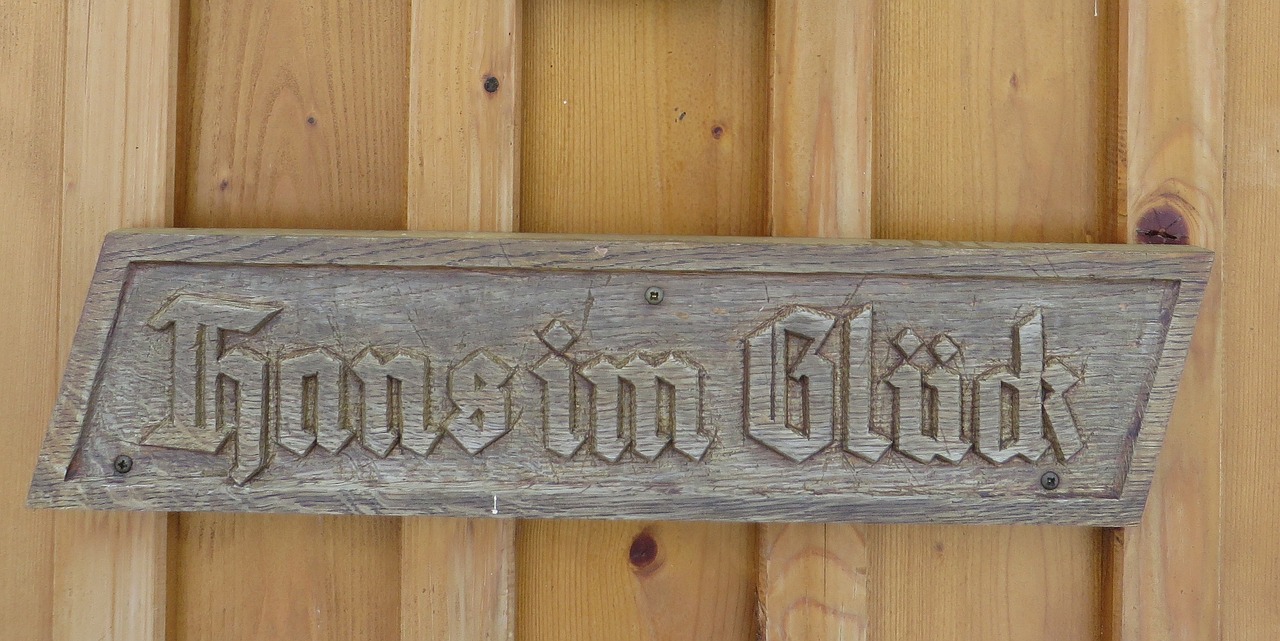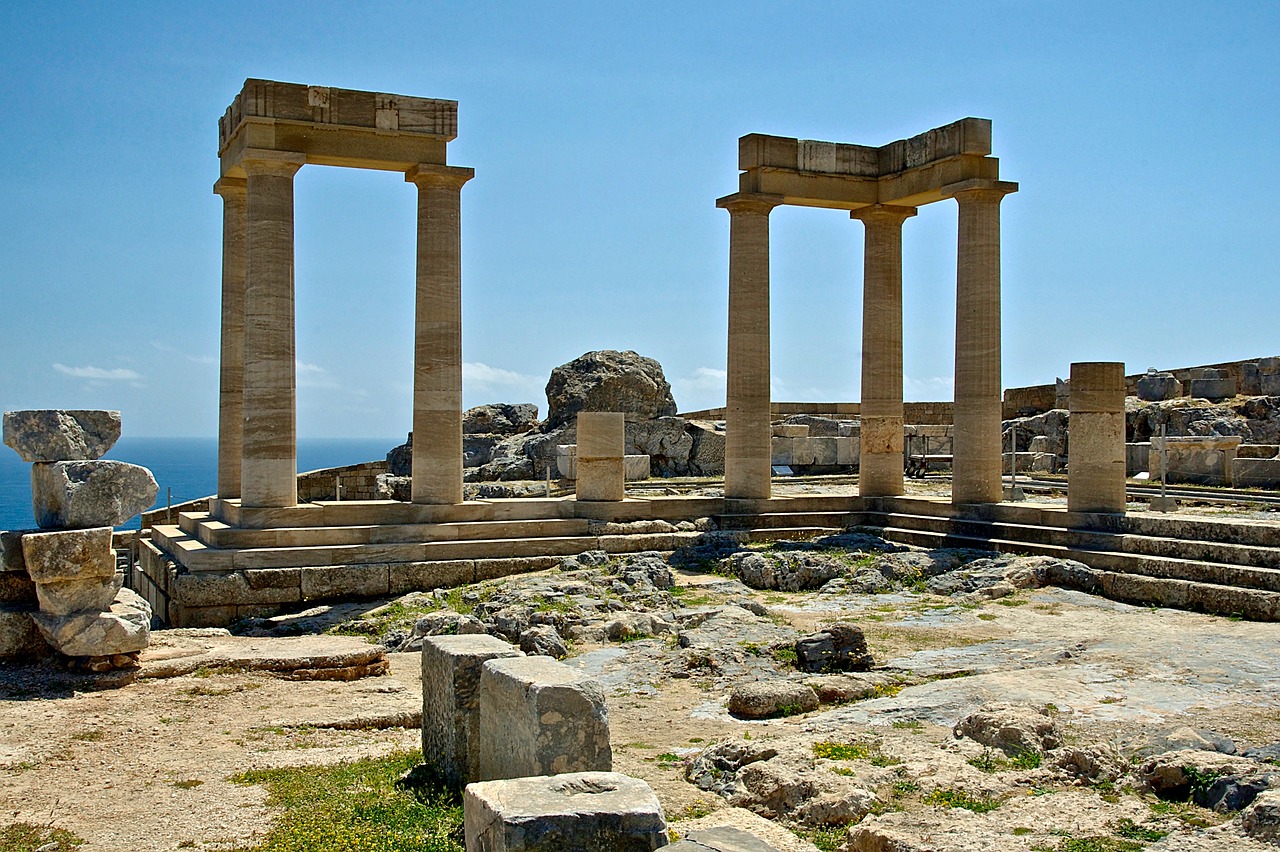Author: Erlang Shen
-
Nechtan: The Celestial Guardian of Water In an earlier discussion, we explored the story of Boann, the goddess associated with rivers. Now, we shift our focus to Nechtan, her counterpart and a notable figure within Celtic myths. Often represented in varying forms, we will specifically highlight the narratives that pertain to Nechtan. Although he does…
-
Osiris, the green-skinned god representing the afterlife, is among the most significant deities from ancient Egypt. Serving as a source of comfort for those yearning for life beyond death, he symbolized fertility brought by the Nile and served as a model for kingship. Osiris is unique in ancient Egyptian texts as the only god referred…
-
The Divine Exiles of Celtic Mythology Despite the remarkable victories mortals achieved over the gods in Celtic lore, the deities were far from entirely subjugated. Although the goddess Danu’s followers suffered defeat, they retained their supernatural powers, enabling them to either aid or sabotage mortals. According to the Book of Leinster, the Dagda, a significant…
-
The tale of Orpheus and Eurydice stands as an archetypal tragic love story, capturing the hearts of many through its compelling narrative. This well-known Greek myth has inspired numerous artists throughout history, including prominent painters like Peter Paul Rubens and Nicolas Poussin. Additionally, a vast array of operas, songs, and theatrical works have been created…
-
Statue of Hercules: An Artistic Reflection of Mythology Creation and Characteristics Crafted in the late 18th century by an unidentified Roman artist, the Statue of Hercules showcases a compelling interplay between historical reverence and artistic innovation. This sculpture measures approximately 66 3/4 x 33 1/2 x 26 1/2 inches (169.5 x 85.1 x 67.3 centimeters)…
-
Cernunnos, an ancient deity of the Celtic pantheon, signifies the intrinsic elements of nature, wildlife, and fertility. Commonly illustrated in Celtic artistic expressions, he is typically portrayed adorned with stag antlers or horns, often accompanied by a torc adorning his neck. While detailed knowledge about him remains limited, notable representations can be found in artifacts…
-
Celtic mythology is abundant with mystique, deities, and ancient narratives, weaving a rich tapestry of cultural significance. Among these, the figure of Elatha, although not as widely recognized as some of his counterparts, plays a pivotal role in understanding the Celtic heritage and its magical traditions. In this exploration of Elatha, we will uncover his…
-
Hapi, known also as Hep, Hap, or Hapy, is recognized as a deity of water and fertility who was venerated throughout Ancient Egypt. His name is believed to have originally referred to the Nile before the Dynastic period when the river became known as “iterw,” which translates to “the river.” This term eventually became associated…
-
Agriculture’s origins can be traced back to the intentional cultivation of useful plants and animals within human-modified ecosystems. While agriculture is often viewed through the lens of specific practices, such as rice cultivation in Asia or cattle ranching in the Americas, a broader interpretation acknowledges humans as environmental engineers who actively modify natural habitats. These…
-
Athena, known in Greek mythology as the goddess of wisdom, warfare, and crafts, plays a crucial role as the protector of cities, particularly in the realm of civilization. Often correlated with her Roman equivalent Minerva, she stands in contrast to Artemis, the goddess associated with the wilderness. Many believe that Athena may have originated as…







